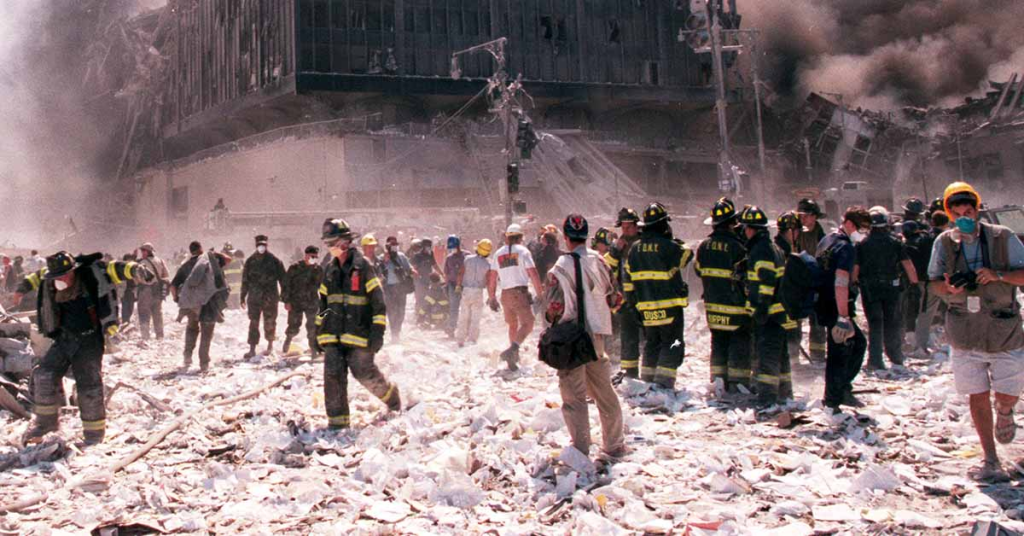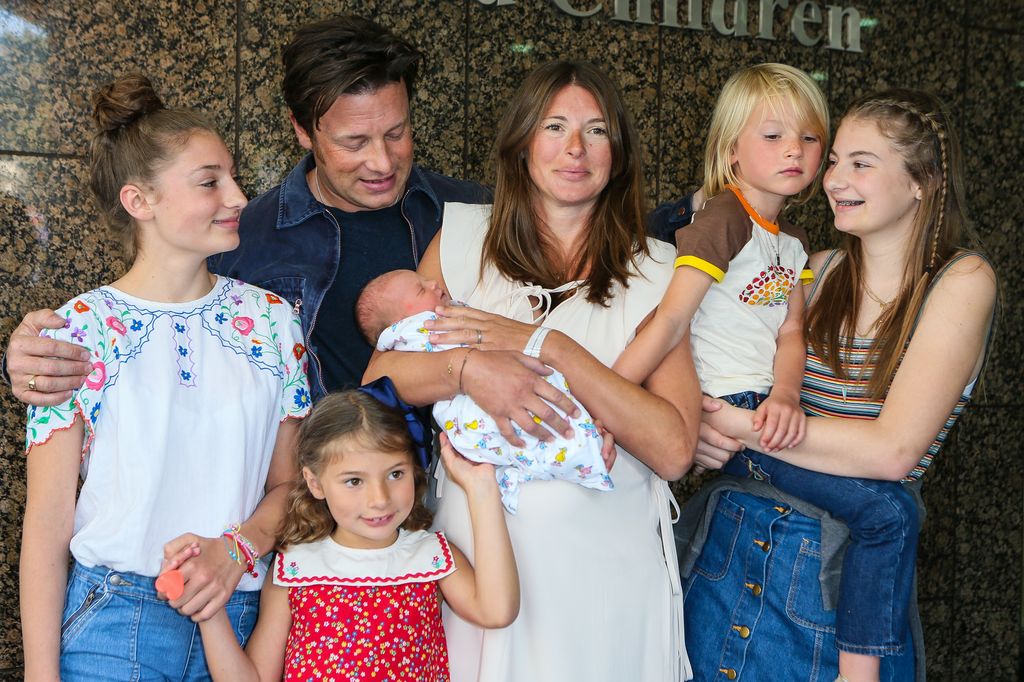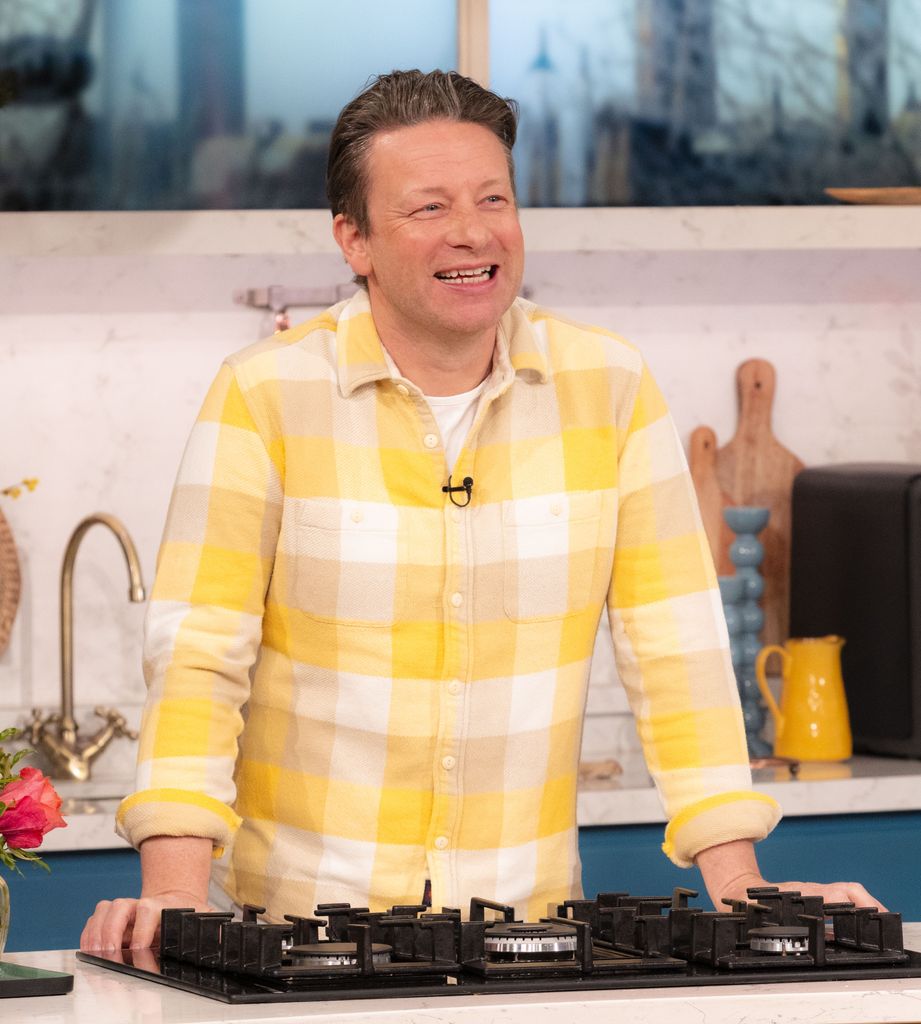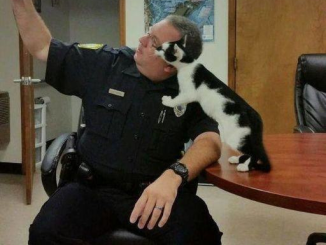
A Camera That Froze the Moment America Changed
The morning of September 11, 2001, began like any other in New York City — clear skies, commuters on their way to work, the hum of a city that never sleeps. But within minutes, ordinary life was torn apart. What one CNN camera captured that day is not just news footage — it is a raw time capsule of fear, disbelief, and the instant the world shifted.

The Calm Before the Shock
At first, the smoke rising from the North Tower was met with confusion. Was it a terrible accident? A plane off course? People in the streets stared upward, their voices a mix of worry and speculation. The camera rolled, unfiltered, as sirens wailed in the distance and the skyline filled with black smoke.
The Moment Everything Changedhttps://www.threads.com/@usdailynews3/post/DQGsOuiAOpu/embed/
At 9:03 a.m., the second plane came into view. The lens followed as it cut through the clear blue sky — straight into the South Tower. Gasps turned into screams. In that second, the illusion of accident vanished. What remained was certainty: this was a deliberate attack.
The footage doesn’t cut away. There are no polished anchors or edited montages. Instead, you hear the crowd’s collective shock, the silence that followed, and the desperate voices rising as people realized their city, their country, was under attack.
Courage in Real Time
The journalists behind the camera kept filming, not knowing if more planes were coming, not knowing if they themselves were safe. That choice preserved one of the clearest, most unfiltered records of the day — proof against doubt, distortion, and denial.

Why the Rawness Still Matters
Nearly 3,000 lives were lost that day, and countless others were changed forever. For those who lived through it, the images are burned into memory. For younger generations who know 9/11 only as history, footage like this provides something textbooks cannot: the raw human experience of confusion, fear, and resilience.
The Ethics of Remembering
Uncut footage is difficult to watch. It forces us to sit with the horror rather than a carefully packaged version of events. Yet its value lies in that honesty. It tells the story as it unfolded — the towers burning, the crowds reacting, the first responders rushing in — without spectacle or filter.

A Legacy of Memory and Strength
More than two decades later, this CNN video remains one of the purest windows into that morning. It documents loss, but also the resilience of a city that, within minutes, saw ordinary citizens step forward as helpers, protectors, and heroes.

Conclusion
This rare recording does not simply show history — it immerses you in it. It captures the precise moment America’s sense of safety was shattered and a new era began. Painful as it is to revisit, watching ensures that we remember — not only the devastation, but also the bravery, the humanity, and the promise to never forget.
Jamie Oliver’s Family Struggle: All Five Children Diagnosed With Learning and Development Challenges hi

amie Oliver has been incredibly open about how his dyslexia has affected him throughout his life, especially during his education, and has consistently advocated for better support for neurodivergent children.
It seems, however, that the celebrity chef isn’t the only member of his family to grow up with a learning difference, as he revealed that some of his children are in the same situation.
In a brand new interview with The Sunday Times, the 50-year-old shared that there have been various diagnoses of dyslexia, ADHD and ASD (also known as autism spectrum disorder) in his “very neurodiverse family” over the last year.
Though he did not go into any more detail than this, he said that he and his wife Jools have in fact “learned to understand that their [children’s] behaviour is because they’re seeing things differently,” and that “being aware of that allows you to be a better parent”.

Jamie also called his family life “amazing but bonkers”, joking: “Imagine four neurodiverse people at the dinner table trying to get their point across.”
He further rebuked the attitudes taken towards neurodivergence by older generations, saying: “Older people tend to have the ‘we didn’t have that when we were young’ attitude. We just didn’t know as much about our brains 30 years ago.”
Jamie Oliver’s dyslexia documentary
The celebrity chef has been working on an hour-long documentary for Channel 4 called Jamie’s Dyslexia Revolution, which will explore the challenges facing dyslexic children and interrogate what the British government can change to support them within education.

Jamie also opened up about the emotional toll that making the documentary took on him, telling the publication: “I’m unpacking quite a lot of stuff. I thought I’d buried it but it’s hitting a nerve. Genuinely, of all the things I’ve ever done, this documentary is the most viscerally painful.
“I’ve seen so many high-flying, talented, grown men cry about this – I’ve just done it to you [referring to his crying during the interview] – the concept of being worthless [when you’re] young is real. It’s really triggering.”
Though the father-of-five has been vocal and open about his struggle with the learning difficulty, especially during his school days, for a long time, he only received his official diagnosis in January of this year.






Leave a Reply